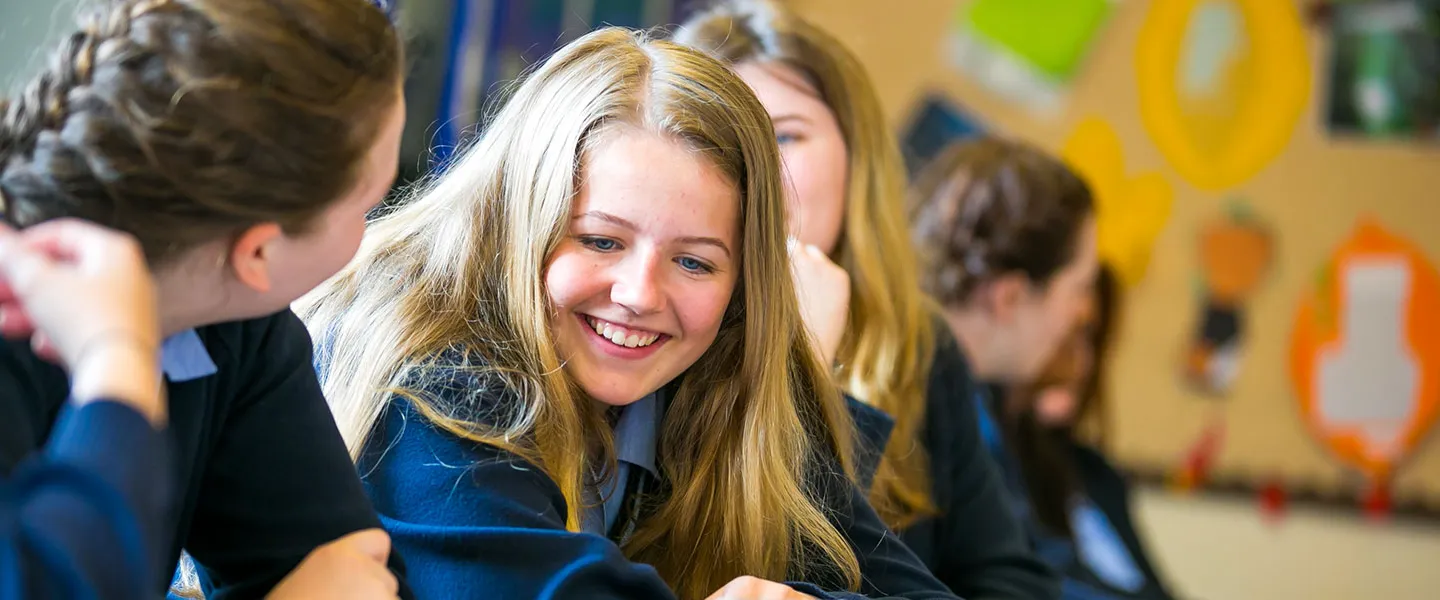On Tuesday four of our girls competed in the UKMT Team Challenge regional final against 18 other schools. After four rounds of demanding mathematical problem solving, Queen's emerged victorious having won the competition and qualified for the national finals!
Huge congratulations to Erina and Leah in Year 8 and Raka and Katya in Year 9. They were calm and confident and exhibited solid team cohesion from the outset, communicating well together.
The UKMT have been running the Maths Team Challenge since 2003. The competition is designed to challenge the most able mathematicians in Years 8 and 9 in mental arithmetic and problem solving. The National finals will be held at the Royal Horticultural Halls on 17th June. The rounds in the national final are identical to those in the regional finals with the exception of an additional poster round.
Group round: Teams work to solve ten questions of varying type and difficulty in the time allowed. Each team must decide their own strategy: whether to work in pairs, individually or as a team.
Crossnumber: Similar to a crossword but with numerical answers. Teams work in pairs; one pair has the across clues and the other pair has the down clues. The pairs work independently to complete the grid using logic and deduction.
Shuttle: Teams compete against the clock to correctly answer a series of four questions. Each team is divided into Pair A (given Questions 1 and 3) and Pair B (given Questions 2 and 4). Question 1 can be solved independently of the others, but the answer to each subsequent question is dependent on the previous answer.
Relay: Teams split off into pairs, with pairs taking it in turns to solve problems. This round involves some running as well as mathematics.
Poster Competition (National Final only): Teams are sent information in advance of the event about a topic for research and investigation. At the Final, teams make a poster incorporating materials that they have prepared while also addressing related questions given out on the day. Topics in previous years have included Leonhard Euler and his mathematics, polyominoes and folding.


